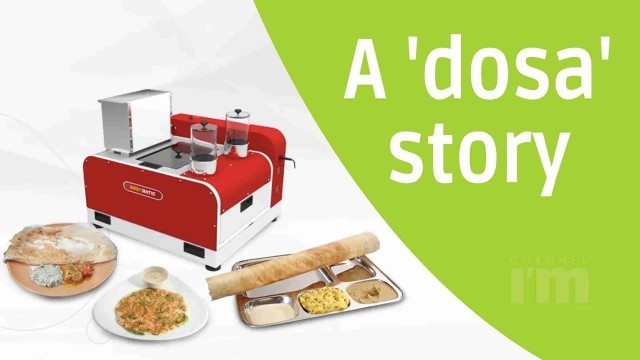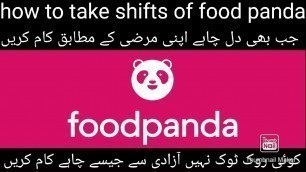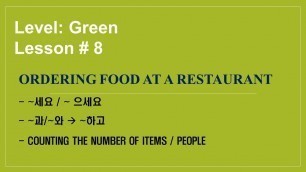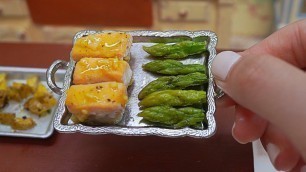'Factory automation is one of the latest trends in the Indian manufacturing industry. Bengaluru-based Mukunda Foods is one of the companies that has created a new trend in the FMCG space through automation. ITs machines - DosaMatic, Eco Fryer, RiCo, Wokie - make dosa, rice, noodles and curries. A group of engineers making dosas Mukunda Foods was founded in 2012 by Eshwar Vikas and Sudeep Sabat, alumni of SRM University, Chennai. Mukunda Foods was started in Bengaluru as a quick-service restaurant outlet chain to make and sell different types of dosas. After opening the third outlet, as the staff and chef took leave constantly, the working of the restaurant got disrupted. This affected the quality, stability and profitability of the business. This inspired Sudeep and Ishwar to automate kitchen work. Bengaluru\'s popular DosaMatic Dosa Their engineering background helped them. The company\'s first product, DosaMatic, was built for Mukunda\'s outlets. Gradually, other restaurant owners began placing orders for the machine, making DosaMatic Dosa popular in Bengaluru. As daily orders grew, the company began manufacturing and selling these machines. Later, more machines were invented to automate the production of other culinary dishes such as Chinese and North Indian food items. The machines were initially priced at around Rs 50,000. Today, it costs Rs 1.5 lakh. Customization, the biggest challenge Eshwar says the biggest challenge was customization. In manual cooking, a cook is free to add ingredients as and when the dish gets ready. Ishwar says teamwork played a crucial role in customizing these machines without any glitches. Sudeep and Eshwar say that manufacturing innovation is as important as product innovation. Today, these machines have options that help meet the different tastes of a customer. For example, the DosaMatic Machine offers more than 50 types of dosas, ranging from crispy dosa to uthappam. Up to 30 dishes per hour Eshwar says machines can significantly reduce the operating costs of businesses and increase productivity and margins. A chef who earns Rs 30,000-50,000 per month usually does not make more than ten dishes in an hour. However, a machine can make up to 30 dishes in an hour. Moreover, machines will also reduce food wastage as only a limited amount of ingredients are added to the machine. New Business Model Kitchen As A Service (KaaS) Today, Mukunda Foods has several well-known clients, including ITC, Rebel Foods, Wow Momos, Chaayos and The Bowl Company. It has more than 3000 machines installed in India, UK and US. Ishwar claims that the monthly sales after Covid have increased from over 150 machines to over 500. Mukunda Foods is also launching a new business model called Kitchen As A Service (KaaS). Through this model, the company aims to provide restaurant owners with fully automated cloud kitchens, including machinery installation and an operator. Ishwar says it targets 50 such models by the end of this financial year. Mukunda Foods is also in the process of signing agreements with two international food companies to set up the machines. Subscribe Channeliam YouTube Channels here: Malayalam ► https://www.youtube.com/channelim English ► https://www.youtube.com/channeliamenglish Hindi ► https://www.youtube.com/c/ChannelIAMHindi Stay connected with us on: ► https://www.facebook.com/ChanneliamPage/ ► https://twitter.com/Channeliam ► https://www.instagram.com/channeliamdotcom ► https://www.linkedin.com/company/channeliam'
Tags: Food , covid 19 , chinese , Pandemic , startups , north indian food , momos , machines , chinese cuisine , dosa , food business , south india , chayoos , Mukunda foods , eswat vikas , DosaMatic Dosa , New Business Model Kitchen
See also:














comments